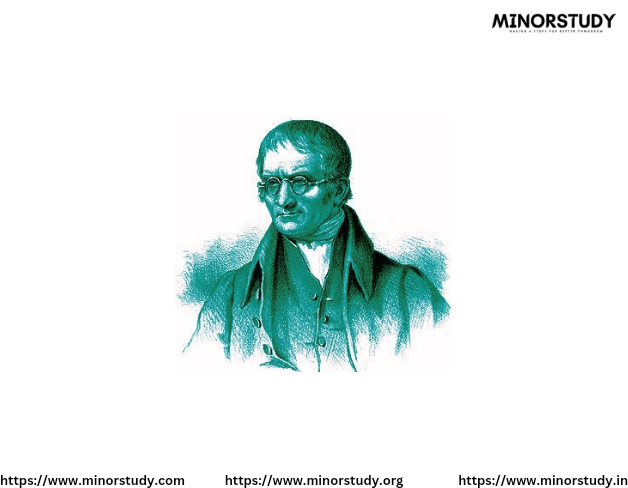Indonesia
- Minorstudy Web blogs
- Dec 7, 2024
- 4 min read

Indonesia is a country in Southeast Asia and Oceania, known for its vast archipelago, rich cultural heritage, and diverse population. Here’s a detailed overview of Indonesia:
About Indonesia
Official Name: Republic of Indonesia
Capital: Jakarta
Largest City: Jakarta
Official Language: Indonesian (Bahasa Indonesia)
Population: Approximately 276 million (as of 2023), making it the fourth most populous country in the world.
Area: 1.904 million km²
Currency: Indonesian Rupiah (IDR)
Geography
Archipelago: Indonesia is the world's largest archipelago, consisting of over 17,000 islands, of which about 6,000 are inhabited. The main islands include Java, Sumatra, Borneo (shared with Malaysia and Brunei), Sulawesi, and New Guinea (shared with Papua New Guinea).
Natural Features: Indonesia is known for its tropical climate, rainforests, volcanic mountains, and beautiful beaches. It lies on the Pacific Ring of Fire, making it prone to earthquakes and volcanic activity.
Biodiversity: Indonesia has one of the world's richest biodiversities, with vast rainforests, coral reefs, and numerous species of plants and animals. It is home to iconic species such as the Sumatran tiger, orangutans, and Komodo dragons.
History
Early History: Indonesia has a long history of kingdoms and empires, such as the Srivijaya and Majapahit, which were influential in Southeast Asia. The region has a mix of indigenous cultures and historical interactions with Indian, Chinese, Arab, and European traders.
Colonial Period: Indonesia was colonized by the Dutch in the 17th century, which led to nearly 350 years of Dutch rule. The struggle for independence gained momentum during the 20th century, particularly after World War II.
Independence: Indonesia declared its independence from the Netherlands on August 17, 1945, led by Sukarno, who became the country's first president. Independence was officially recognized in 1949.
Economy
Economic Status: Indonesia is the largest economy in Southeast Asia and a member of the G20. It has a mixed economy with significant contributions from agriculture, manufacturing, and services.
Key Industries: The country is a major producer of palm oil, coffee, cocoa, rubber, and spices. It also has significant reserves of natural resources, including oil, gas, and minerals.
Tourism: Indonesia is a popular tourist destination, known for its beautiful beaches (such as Bali), temples (like Borobudur), and unique wildlife.
Culture and Society
Religion: Indonesia is the largest Muslim-majority country in the world, with around 87% of the population identifying as Muslim. Other religions practiced include Christianity, Hinduism, and Buddhism.
Language: Indonesian (Bahasa Indonesia) is the official language, but many local languages and dialects are spoken across the country.
Cultural Diversity: Indonesia is incredibly diverse, with over 300 ethnic groups, including Javanese, Sundanese, Balinese, and Batak. This diversity is reflected in the country’s culture, traditions, and cuisine.
Cuisine: Indonesian cuisine is known for its variety and use of spices. Popular dishes include nasi goreng (fried rice), satay (skewered meat), rendang (spicy beef stew), and gado-gado (vegetable salad with peanut sauce).
Important Points
Political System: Indonesia is a democratic republic with a president as both the head of state and government. It has a multi-party system, and the President is elected for a five-year term.
Tourist Attractions: Indonesia is famous for its beautiful tourist destinations like Bali, Jakarta, Yogyakarta, Sumatra's Lake Toba, Komodo National Park (home to the Komodo dragons), and the cultural heart of Ubud in Bali.
Climate: Indonesia has a tropical climate with distinct wet and dry seasons. It is prone to natural disasters such as earthquakes, volcanic eruptions, and tsunamis, especially due to its location on the Pacific Ring of Fire.
Significant Questions about Indonesia
What is the capital of Indonesia?
Jakarta is the capital and largest city of Indonesia.
What languages are spoken in Indonesia?
The official language is Indonesian (Bahasa Indonesia), but many local languages are spoken, including Javanese, Sundanese, and Balinese.
What is the currency of Indonesia?
The currency is the Indonesian Rupiah (IDR).
What are the major industries in Indonesia?
Indonesia’s economy is driven by agriculture, mining (especially coal, oil, and natural gas), manufacturing, and services.
What is the major religion in Indonesia?
Indonesia has the largest Muslim population in the world, but it also has significant populations of Christians, Hindus, and Buddhists.
Notable Figures
Sukarno: The first president of Indonesia and a prominent figure in the country’s fight for independence from Dutch colonial rule.
B.J. Habibie: The third president of Indonesia, known for his contributions to Indonesia’s technology and development during his time in office.
I Gusti Ngurah Rai: A Balinese hero who led a resistance movement against the Dutch during the Indonesian National Revolution.
Raden Ajeng Kartini: A pioneer for women's rights and education in Indonesia, particularly for advocating for the empowerment of women.
Conclusion
Indonesia is a country of immense cultural diversity, rich history, and natural beauty. It plays an important role in Southeast Asia and the global economy. With its growing influence, vibrant society, and expanding industries, Indonesia continues to make its mark on the world stage while retaining its deep-rooted cultural traditions.











Comments